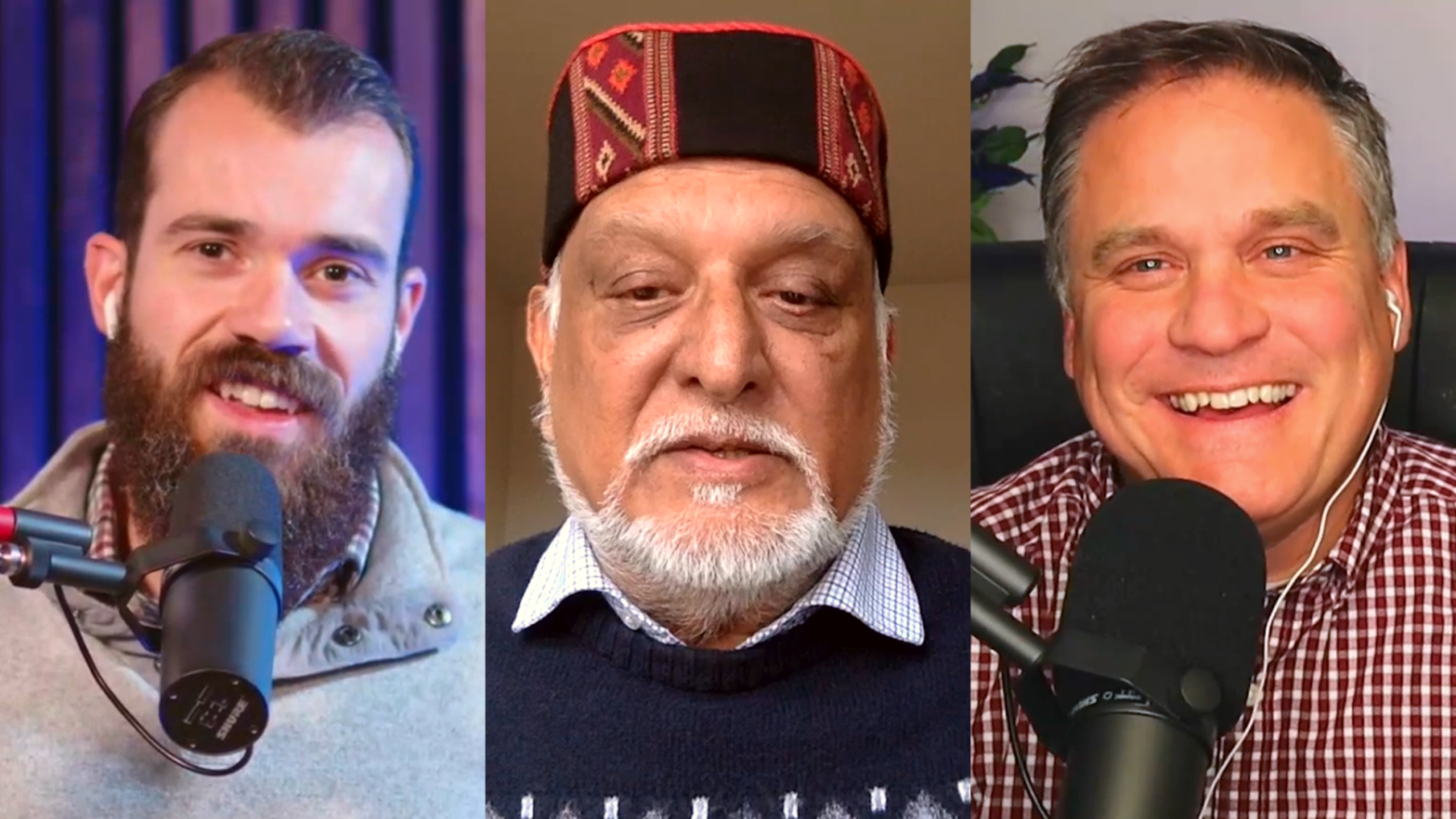Defining the word “nation” is crucial, and not just in missions—in culture and even politics, too. How does Scripture define “nation,” and what does it mean for the Great Commission? Indian philosopher and Christian activist Vishal Mangalwadi returns to the show to explore this multifaceted issue.
What do you think of Mangalwadi’s view? Let us know in the comments.
You can watch the video version of this episode and more on the ABWE YouTube channel.
Believe in our mission? Support this podcast.
The Missions Podcast is a ministry resource of ABWE. Learn more at abwe.org.
Want to ask a question or suggest a topic? Email alex@missionspodcast.com.

